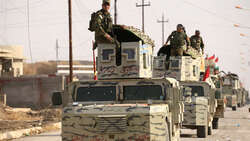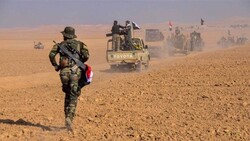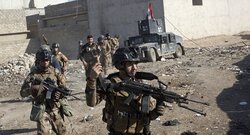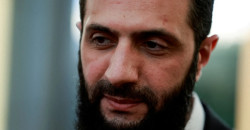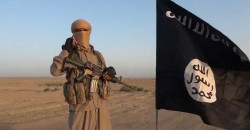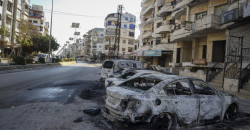Al-Qaeda backs opposition armed factions' attack in Syria
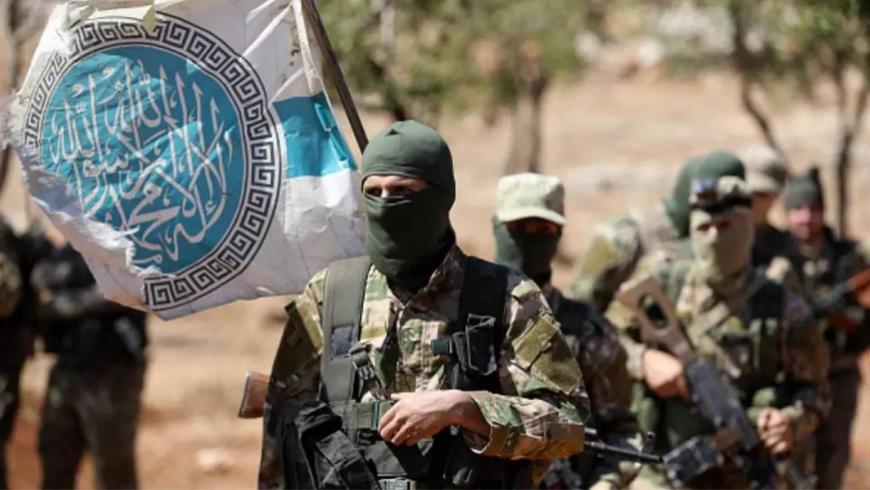
Shafaq News/ On Thursday, Al-Qaeda announced its support for the recent attack by opposition armed factions led by Hayat Tahrir al-Sham (HTS) on Aleppo, Idlib, and Hama in Syria.
The group called for “continued fighting” against the Syrian government and its allies, according to Sky News.
Syria has recently seen a resurgence of armed groups, particularly in the northwest, where coordinated attacks indicate, according to analysts, shifting dynamics on the battlefield. HTS, formerly Jabhat al-Nusra, has become a key player in these changes.
HTS leader Abu Mohammad al-Jolani has made significant changes by forming alliances with local factions and restructuring the military council as the Al-Fath Al-Mubin [AR = Great Conquest] operations room.
This room includes over 26 factions, such as Fath al-Sham, Liwa al-Haqq, Ansar al-Din, Jaysh al-Sunna, and National Liberation Front factions like the Free Syrian Army and Suqour al-Sham.
HTS: A Historical Overview
Since the outbreak of the Syrian war in 2011, many armed groups emerged, with some defeated, dismantled, or merged with others. HTS, the most prominent, has gone through four phases since its formation.
-Phase One (2012-2013): HTS was established in 2012, initially known as Jabhat al-Nusra, and was funded by ISIS.
-Phase Two (2013-2016): The group separated from ISIS, and its leader, Abu Mohammad al-Jolani, pledged allegiance to Al-Qaeda.
-Phase Three (2016-2017): In 2017, the group split from Al-Qaeda, refocusing its operations within Syria. Known as Jabhat Fath al-Sham, it aimed to defeat rival factions in Idlib, eventually seizing control of most of the city.
-Phase Four (2017-Present): Since 2017, the group has merged with other factions and has been known by its current name, focusing primarily on local control and governance.
Notably, Hayat Tahrir al-Sham is classified as a terrorist organization by the United Nations, the United States, and Canada. It is one of the most powerful armed factions in northwestern Syria, controlling most of Idlib and adjacent northern areas.
